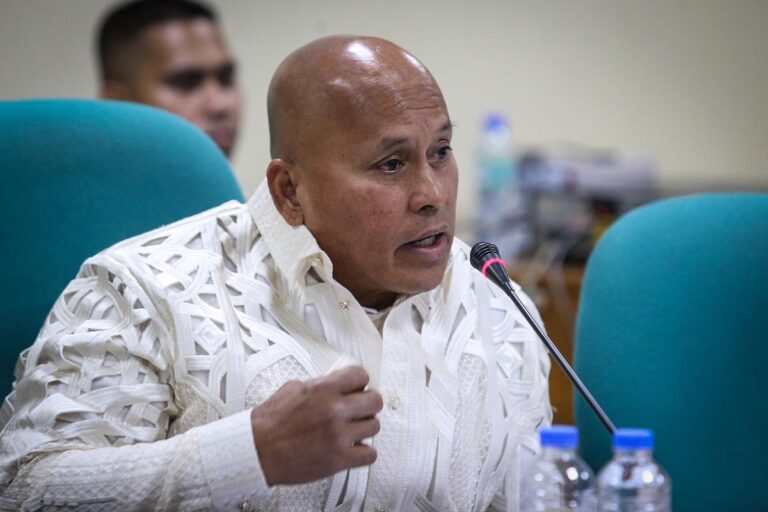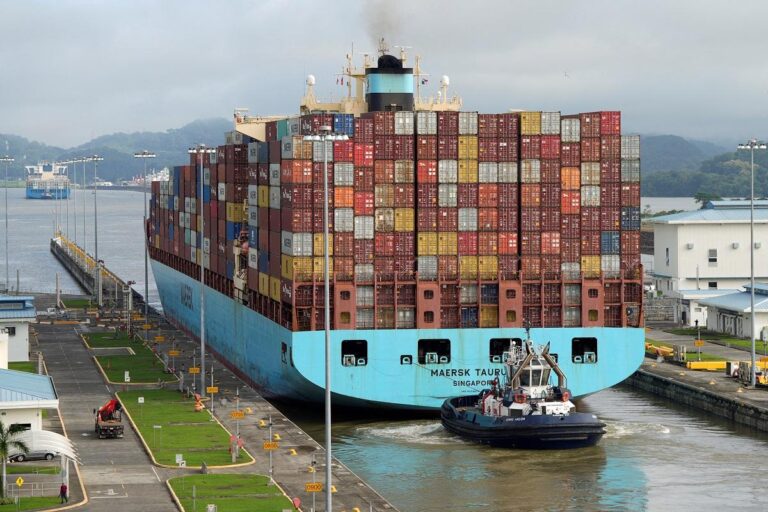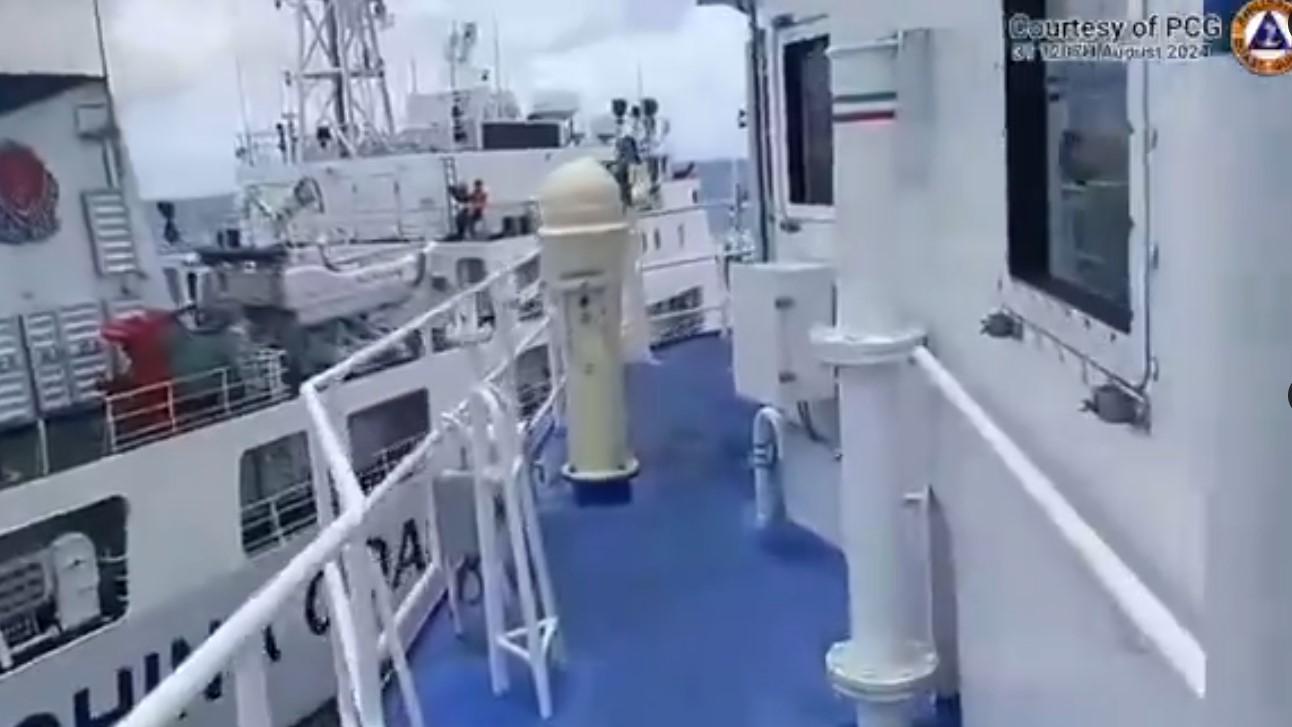After a Chinese Coast Guard vessel “intentionally” and repeatedly rammed the Philippine Coast Guard’s BRP Teresa Magbanua, the PCG on Sunday hoped that countries in the Southeast Asia region would oppose the Chinese government’s aggressive actions in the South China Sea.
According to PCG spokesperson for the West Philippine Sea (WPS) Commodore Jay Tarriela, there was a notion that among the Association of Southeast Asian Nations (ASEAN), the Philippines was the only country being bullied by China.
However, countries like Malaysia and Vietnam have been similarly bullied in contested waters.
“Even the Malaysian government and Vietnam are also experiencing the same form of harassment and bullying from the part of the Chinese Coast Guard,” said Tarriela on Super Radyo dzBB.
Despite this, the PCG Commodore lamented that the Philippines’ neighboring countries have been seemingly quiet about the issues in the South China Sea, particularly in the West Philippine Sea.
“Minsan nakakalungkot na (sometimes it’s disheartening that) those countries that support our position in the West Philippine Sea are those countries that are outside the region—United States, Japan, Australia, the European Union,” Tarriela said.
“It’s very unusual na sarili mong kapitbahay hindi nagsasalita (that your neighbors keep silent) and that is our ultimate objective,” he added.
While he believed peaceful dialogue with the Chinese government was still the best way to address the tensions in the West Philippine Sea, Tarriela hoped other ASEAN countries would also take a concrete stand on the issue.
“My dream is that Southeast Asian countries will eventually be united and stand up against China,” he stressed.
The United States government on Saturday said it stood with the Philippines as it condemned the “dangerous and escalatory actions” of China in the vicinity of Sabina Shoal.
China, for its part, said that the Philippine ship, “illegally stranded” at the shoal, had lifted anchor and “deliberately rammed” a Chinese vessel.
The PCG has stood firm that the Escoda Shoal was located within the Philippines’ exclusive economic zone in accordance with the United Nations Convention on the Law of the Sea (UNCLOS) and the 2016 arbitral award.
The Escoda Shoal is a rendezvous point for Philippine vessels headed to Ayungin Shoal, another contested feature in the West Philippine Sea, where the World War II-era vessel BRP Sierra Madre has been grounded since 1999.


















